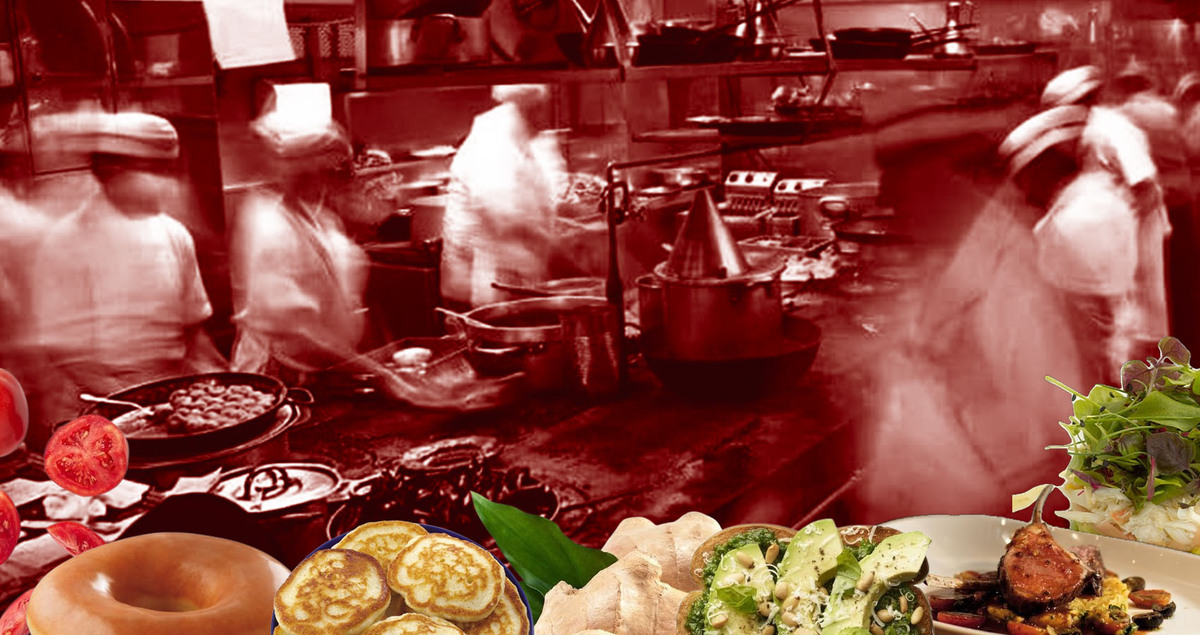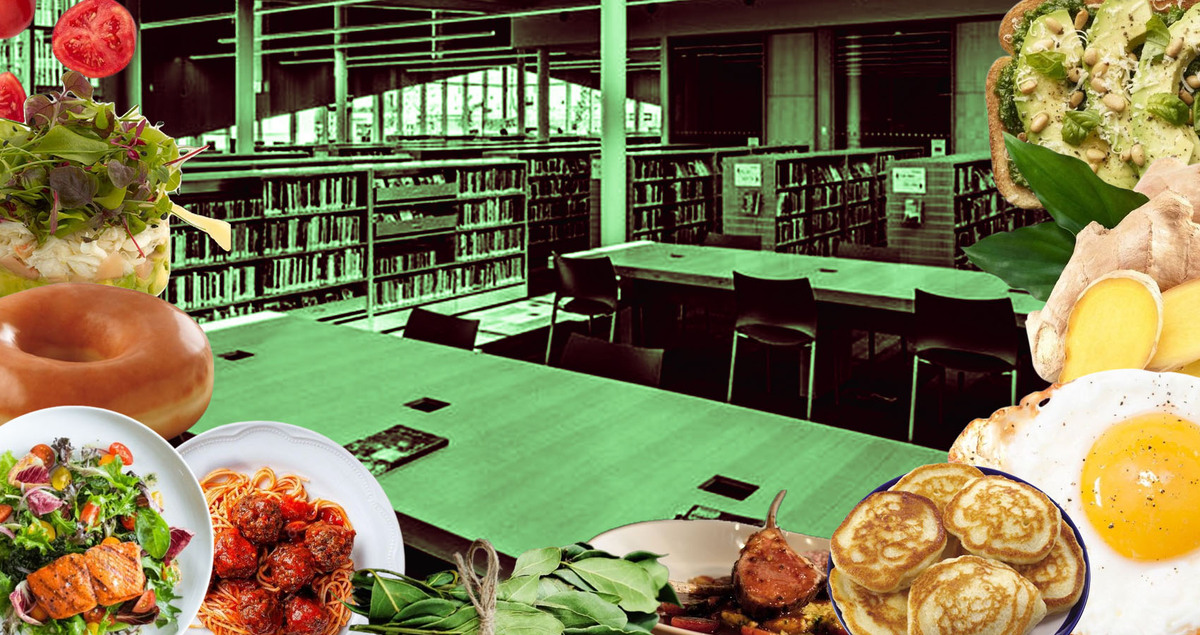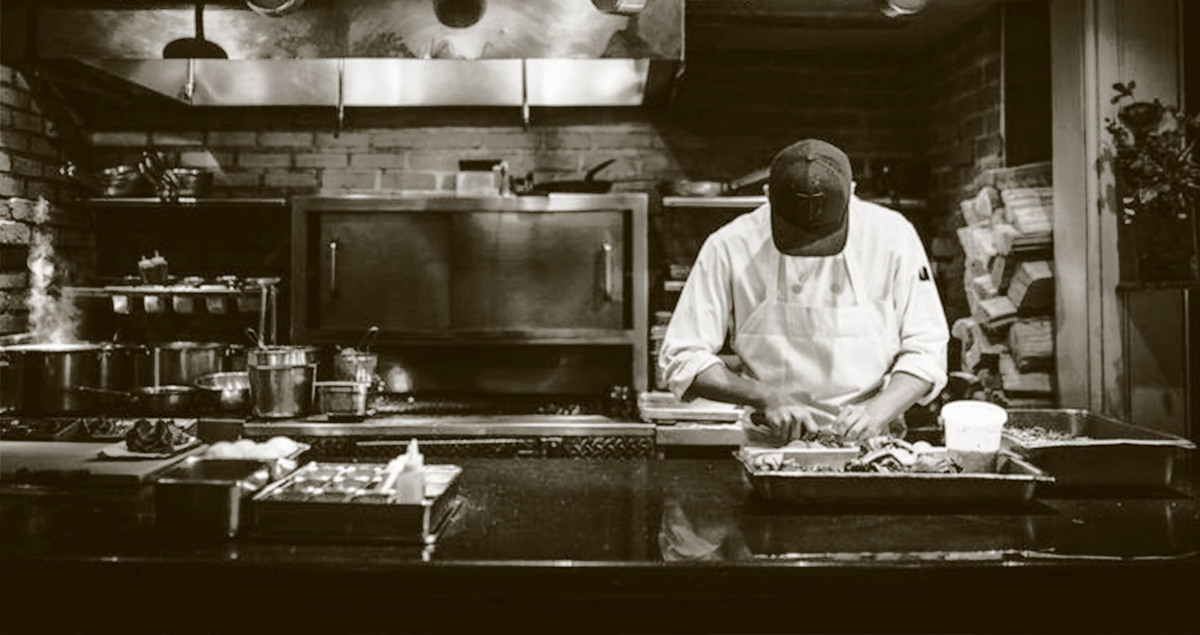
What Are the 6 Steps to Becoming a Culinary Chef?
Master the art of cooking with flexible online culinary programs.
Getting a strong foundation in culinary education is one of the first stages towards becoming a culinary chef. Even though a lot of chefs learn by experience, a formal education can help you advance in your industry and acquire vital skills. Students who enroll in programs such as those at Escoffier leave with a thorough understanding of kitchen operations, cooking methods, and even the business side of the culinary industry.
Many ambitious cooks select online education in today's fast-paced world in order to manage their personal and professional lives. Online cooking schools enable students to obtain real-world experience in their kitchens or places of employment while offering the same theoretical and practical instruction as traditional classroom settings. For many, the flexibility and availability of top-notch instructors make it the perfect route.
Furthermore, thanks to improvements in technology and e-learning, online culinary schools for future chefs today provide interactive and interesting information that replicates the feeling of being in a real kitchen. These programs frequently include live cooking demonstrations, commentary from seasoned chefs, and even virtual reality tools. Online culinary schools are an excellent option for prospective chefs to gain hands-on experience and get started in the business.

Key Takeaways
-
A formal culinary education equips students with the knowledge and abilities they need to advance their careers.
-
For aspiring cooks who need to balance their obligations in life, online culinary schools are a great choice.
-
Learning on the job and gaining practical experience are essential for becoming a good chef.
Educational Pathways
There are several different educational options available to aspiring cooks. The secret to learning the skill of cooking is a well-rounded education, which can be obtained through apprenticeships, online courses, or traditional culinary schools.

Culinary School and Specialized Courses
A popular path to becoming a chef is to attend traditional or online cooking schools. Basic food preparation methods, international cuisine, and advanced culinary theory are all commonly covered in programs. Furthermore, students can concentrate on certain interests or market trends by enrolling in specialist courses like vegetarian cooking or pastry making.
With the help of an online cooking school, like the Auguste Escoffier School of Culinary Arts, students may still receive top-notch instruction while juggling their personal schedules and their studies. Those with other obligations or those who may already be employed may especially benefit from this flexibility.
Gaining Practical Experience
Any culinary school is fundamentally based on practical experience. Students can put their classroom learning into practice by working in professional kitchens, internships, or apprenticeships. Gaining experience in a high-pressure work setting, interacting with other kitchen staff members, and time management is crucial.
Future cooks should look for chances to work in a range of kitchens, from upscale restaurants to informal eating establishments, since each setting presents different difficulties and learning possibilities. You grow more adept and adaptive the more diverse cuisines and kitchen dynamics you are exposed to.
Continuing Professional Development
The culinary arts are always changing; new methods, ingredients, and trends appear on a regular basis. Throughout their careers, chefs must prioritize continuous education to be competitive. Staying at the top of your game requires lifelong learning, which can be achieved by taking advanced cookery classes, attending conferences, or attending workshops.
A lot of chefs also work toward certifications in specialty cuisines or food safety, which can improve their marketability and reputation in the business. Continually pursuing professional development distinguishes you from other professionals in the sector by demonstrating your dedication to advancement and creativity.
Building a Career in Culinary Arts
A strong work ethic, perseverance, and dedication are necessary for establishing a successful career in the culinary arts. You will need to concentrate on a number of areas related to professional development, creativity, and skill development as you advance through your culinary journey.

1. Pursuing Education through Online Culinary Schools
A growing number of aspiring chefs are increasingly turning to online culinary schools as a way to hone their talents and acquire necessary knowledge because of the rise of technology and the flexibility it provides. These online learning environments offer structured learning settings with a plethora of resources accessible to students, such as interactive courses, live cooking demos, and instructional videos. Because online cooking schools let you learn at your own pace, they are perfect for people who need to balance their culinary education with responsibilities to their families or jobs.
2. Mastering Culinary Arts Techniques
Gaining proficiency in the fundamental methods of the culinary arts is essential to becoming a competent chef. This covers knowledge of flavor profiles, cooking techniques, and knife skills. Your confidence in the kitchen will increase as you gain more skills in these areas. Chefs who are proficient in the fundamentals are better equipped to take on increasingly tricky jobs and duties.
3. Creative Exploration and Recipe Development
It is crucial to start experimenting with your creativity as you become more comfort with your methods. You can distinguish yourself as a chef by creating your own recipes, experimenting with flavors, and using local or seasonal items in your cooking. Prominent culinary artists are recognized for their capacity to experiment while adhering to established culinary customs.
4. Working in a Professional Kitchen
Gaining experience in upholding standards under duress is one of the key advantages of working in a professional kitchen. Skills like multitasking, time management, and attention to detail are critical and are best learned in an actual kitchen environment. Additionally, exposure to a range of cuisines, cooking techniques, and service standards is provided by working in a number of restaurant styles, from modest bistros to Michelin-starred institutions.
5. Building a Professional Profile
One factor that is sometimes disregarded in advancing a culinary profession is networking. Developing connections with other experts, participating in culinary communities, and attending industry events might lead to new prospects. A chef's reputation is cultivated by their relationships in the food industry as well as their competence.
6. Expanding Opportunities in the Culinary Arts Industry
Chefs can leverage platforms like Poptop to reach a wider audience, catering to bespoke events such as weddings, private parties, and corporate gatherings. This not only allows them to diversify their experience but also to build a reputation in the event catering industry, which values creativity, adaptability, and exceptional presentation. Working in this sector enables chefs to experiment with themed menus and innovative dishes tailored to client preferences, showcasing their unique skills and expanding their professional network.
Additionally, these experiences can lead to collaborations with event planners and other industry professionals, further broadening career prospects. For those who aspire to entrepreneurial ventures, exposure to this niche can inspire new business ideas, such as starting a catering service or developing partnerships with event-focused businesses.
Conclusion
The path to becoming a chef is an interesting one, combining professional development, creativity, practical experience, and education. You can have a great career in the culinary arts if you adhere to these five crucial principles and put an emphasis on lifelong learning. For those committed to honing their skill, the opportunities are infinite, whether they choose to work in fine dining, open their own restaurant, or develop new food technologies.











